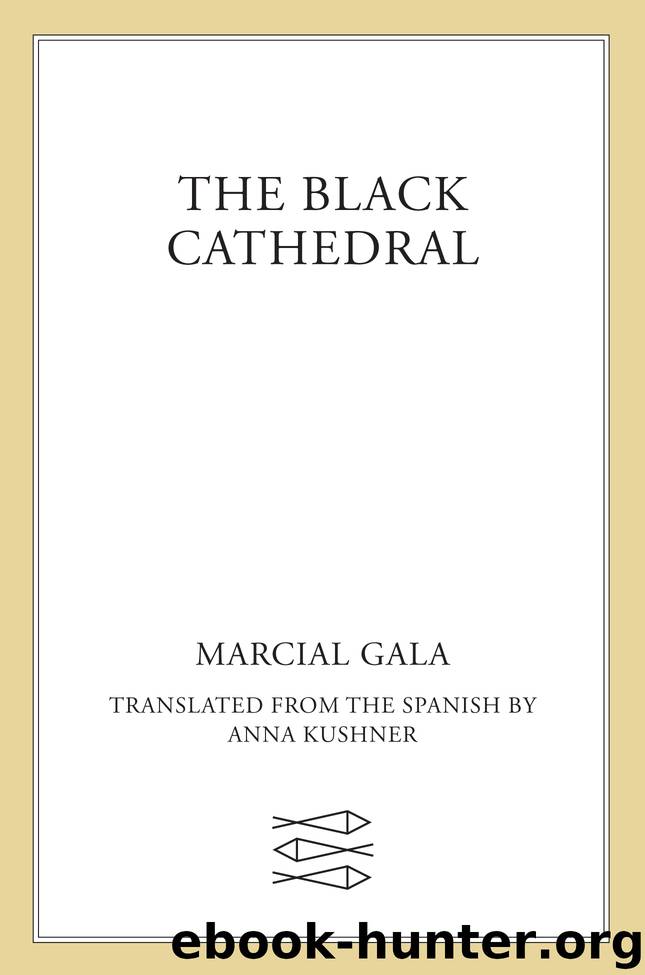

"An exploration of literary and personal fluidity, Call Me Cassandra riffs on Greek tragedy with warmth and poise. In Call Me Cassandra, Gala dismantles the binaries that suffocate the region while confirming his standing as one of the most inventive new voices in contemporary Latin American fiction.” -Derick Gomez, PopMatters “A fitting tribute to the tenacious and brilliant gay Cuban author Reinaldo Arenas (1943-1990), Call Me Cassandra repurposes an age-old myth to meld together a bitter war tale, a trans coming-of-age story, and a drama of a family splitting at the seams. Gala constructs sentences and scenes that swing easily from the mythological to the mundane, and Anna Kushner’s translation does a wonderful job of capturing his tones-and his temporal shifts.” -Marcela Valdes, The New York Times Book Review (Editors' Choice) Deftly pushing the boundaries of both realism and first-person perspective, Gala ( The Black Cathedral) makes it impossible for the reader to determine if Raúl/Cassandra is actually supernatural. Lyrical and gritty, heartbreaking and luminous, Rauli’s is the story of the inexorable pull of destiny. Burdened with knowledge of tragedies yet to come, Rauli nonetheless strives to know himself. Moving between Rauli’s childhood and adolescence, between the Angolan battlefield, the Cuban city of Cienfuegos, and the shores of ancient Troy, Marcial Gala’s Call Me Cassandra tells of the search for identity amid the collapse of Cuba’s utopian dreams.

And third, that he is the reincarnation of the Trojan princess Cassandra. Second, that he will die, aged eighteen, as a soldier in the Cuban intervention in Angola. Despite the signs that warn Rauli to repress and fear what he is, he knows three things to be true: First, that he was born in the wrong body. He loves to read, especially Greek myths, but in Cuba in the 1970s, novels and gods can be dangerous. His older brother is violent his philandering father doesn’t understand him his intelligence and sensitivity do not endear him to the other children at school. Ten-year-old Rauli lives in a world that is often hostile.

"A spellbinding novel by one of the best writers of the Americas." -Junot Díaz, author of This is How You Lose Herįrom the author of the award-winning The Black Cathedral, a darkly magical tale of a haunted young dreamer, born in the wrong body and time, who believes himself to be a doomed prophetess from ancient Greek mythology. “Dazzling." -Marcela Valdes, The New York Times Book Review (Editors' Choice)


 0 kommentar(er)
0 kommentar(er)
